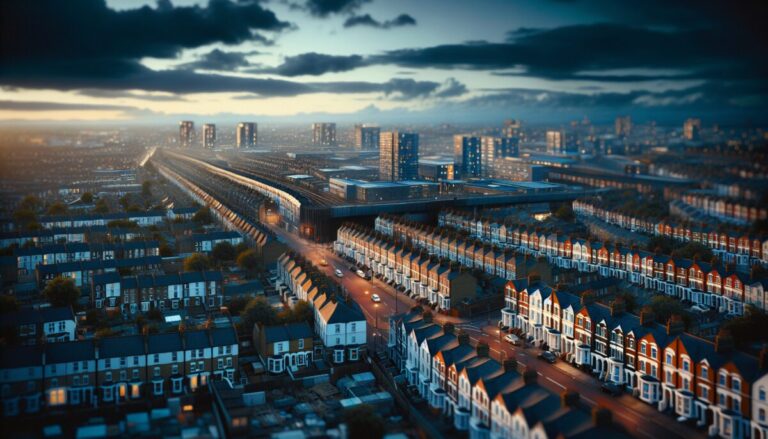Analysis shows potential for prolonged stagnation in real wages and living standards

Topics covered
The economic landscape in Britain is becoming increasingly concerning as recent analyses suggest that the nation is on track for over two decades of stagnant pay growth. This alarming forecast follows the recent tax policies introduced by Rachel Reeves, which have raised national insurance contributions for private sector workers by £25 billion.
The Resolution Foundation, a prominent think tank, has highlighted that these measures could lead to the weakest growth in living standards recorded under a Labour government.
Impact of tax increases on wage growth
Despite Ms. Reeves’ assurances to protect the pay packets of working individuals, the reality appears stark.
The Resolution Foundation predicts that real pay growth will remain stagnant, with wages after inflation expected to decline by 0.3% over the next two years. Furthermore, projections indicate a meager rise of just 0.4% until the end of the decade. This stagnation means that average earnings in 2029 may only be slightly above levels seen in 2008, extending a troubling trend of long-term pay stagnation in the UK.
Historical context and future projections
To put this into perspective, the Office for Budget Responsibility (OBR) has warned that millions of workers will face years of stagnant pay as employers adjust to the increased tax burden by limiting pay growth. The OBR’s analysis suggests that the decision to borrow for public spending could keep inflation elevated for an extended period, further suppressing economic growth. James Smith, the research director at the Foundation, emphasized that Labour’s tax increases would inevitably impact working individuals, leading to a bleak forecast for living standards.
Comparative analysis with previous governments
When comparing the current situation with the last Labour government (1997-2010), the contrast is stark. During that period, real household disposable income per person (RHDI) rose by an annualized rate of 1.9%, translating to an overall income boost of £5,400 per person, even amidst the financial crisis. In contrast, the current Parliament is projected to see RHDI increase by only 0.5% annually, equating to a total income gain of just £700 per person. This significant decline in growth raises concerns about the economic well-being of the average worker in Britain.
As the nation grapples with these economic challenges, the implications of Labour’s tax policies on wage growth and living standards will be critical to monitor. The forecasted stagnation in pay growth poses serious questions about the future economic landscape for workers across the UK.





Leave a Reply